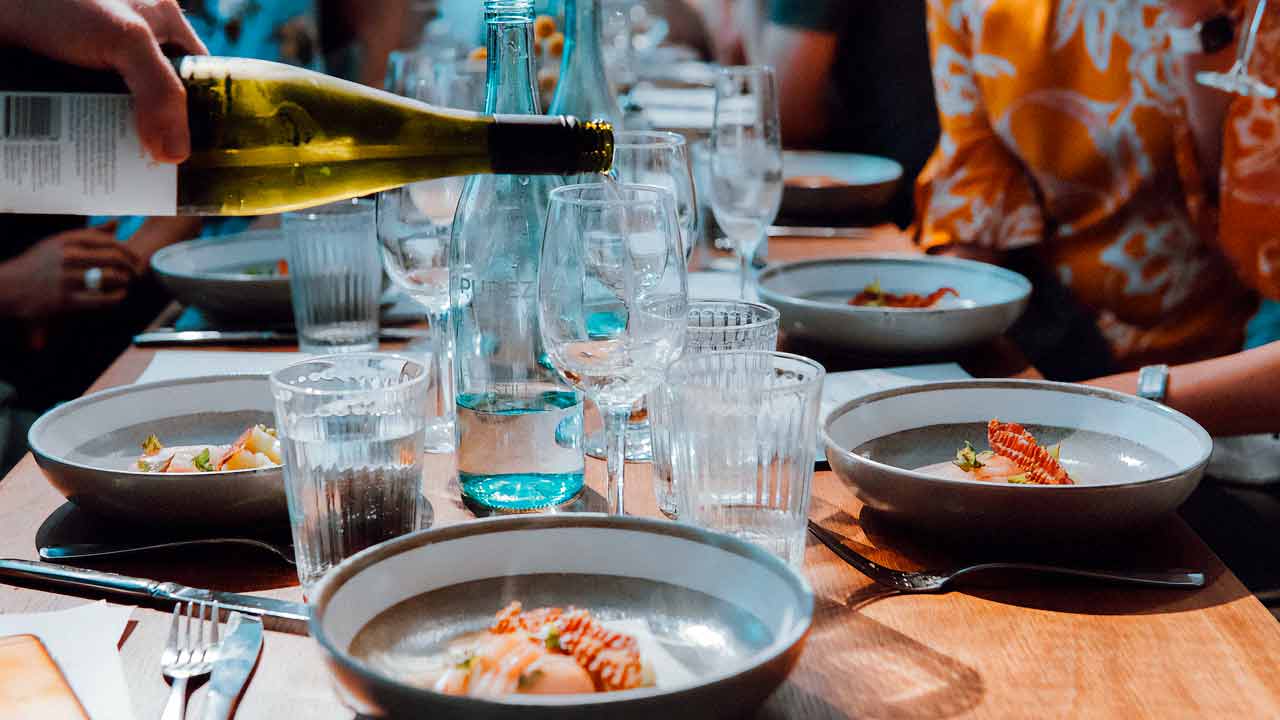Filipino Culture: A Masterclass for Western Men

If you’re reading this, you’ve likely discovered what many Western men are realizing: Filipina women are remarkable partners. They are known for their beauty, warmth, and unwavering loyalty. But to build a lasting, happy relationship that transcends miles and cultural boundaries, you need more than just mutual attraction. You need a deep, genuine understanding of her world. Welcome to the most important guide you will read on your journey.
Superficial knowledge of a few “dos and don’ts” won’t cut it. This pillar post is your masterclass in Filipino culture. We will go beyond the surface to explore the core values, the social dynamics, and the communication styles that shape the heart and mind of a Filipina. Understanding the why behind her actions is the key that will unlock a profound and successful partnership.
A Quick Note on Individuality: Culture provides a blueprint, but it does not define every person. Every Filipina is a unique individual. Use this guide to build empathy and understanding, not to create stereotypes.
Chapter 1: The Central Role of Family – It’s Everything
If you take only one thing from this guide, let it be this: in the Philippines, family is the absolute center of life. This concept is far more encompassing than the typical Western idea of a nuclear family. It’s the social and emotional bedrock upon which everything else is built. For anyone serious about dating a Filipina with a strong family, understanding this chapter is non-negotiable.

The Extended Family: Your New Inner Circle
The Filipino family includes not just parents and siblings, but also grandparents, uncles, aunts, and cousins (Titos, Titas, Pinsans), who are often deeply involved in each other’s lives. When you date a Filipina, you are not just entering into a relationship with her; you are entering into a relationship with her entire clan. Their opinions matter, and their support is invaluable. Being accepted by her family is a major milestone and one of the clearest signs of her commitment to you. This is a core part of understanding Filipino family values.
Respect for Elders (Mano Po): The Ultimate Sign of Deference
Respect for elders is paramount. You will see this demonstrated in the beautiful gesture of Mano po, where a younger person takes the back of an elder’s hand and gently presses it to their forehead. Understanding and showing profound respect to her parents and grandparents is essential. Always address them formally (Mr./Mrs. or the respectful Tito/Tita if invited to). A complete guide can help you navigate this flawlessly when you are meeting her Filipino family for the first time.
Family Obligations: A Duty of Love
Her connection to her family often includes a sense of responsibility, which can be financial. It is common for working children to send money home to support their parents and younger siblings. This is not a scam; it is a cultural practice born from love and a sense of utang na loob (a concept we’ll cover next). It’s a way of paying back the family for their sacrifices. Being supportive and understanding of this, while also discussing healthy boundaries, is key.
Chapter 2: Core Filipino Values Decoded
These psychological pillars influence social interactions and personal relationships profoundly. This is best understood not as a list, but as a set of interconnected values.
Kapwa: A Shared Identity
Kapwa is a fundamental concept that means “shared self.” It’s the idea that you are not separate from others, fostering a community-oriented spirit where harmony is prioritized. In a relationship, this translates to a partner who is naturally empathetic and sees your successes and struggles as her own.
Hiya: Shame & Propriety
Hiya is a sense of social propriety and self-esteem. A Filipina will often go to great lengths to avoid causing someone else to lose face, or losing face herself. This means she may be non-confrontational, so it’s your job to create a safe space where she feels comfortable opening up without fear of causing trouble.
Utang na Loob: Debt of Gratitude
This is an immeasurable and often eternal debt of gratitude. It is a beautiful, powerful force for loyalty. It also explains her profound obligations to her family, who have given her life and raised her. Understanding this helps you appreciate her deep commitment to them.
Pakikisama: Smooth Relations
Pakikisama is the value of getting along to maintain a harmonious environment. This reinforces the tendency to be agreeable. She might say “yes” to a suggestion even if she’d prefer something else, simply to keep the peace. Creating a relationship where her individual opinion is valued is key.
[DOWNLOADABLE PDF: Get your Filipino Values Cheat Sheet here! A quick reference guide to keep on your phone.]
Chapter 3: Religion and Spirituality
The Philippines is one of the most devoutly Christian nations in the world, with over 86% of the population identifying as Roman Catholic. This faith is not just a Sunday obligation; it’s woven into the fabric of daily life.

- Impact on Values: Catholic teachings heavily influence views on family, divorce (which is illegal in the Philippines), and the sanctity of marriage.
- Family and Faith: Expect that church activities and family prayers may be an important part of her life. Showing respect for her faith—even if you are not religious yourself—is crucial.
Chapter 4: Communication – Reading Between the Lines
Communicating with a Filipina often requires a different skill set than what you might be used to in the West. Direct, blunt communication can be seen as aggressive or rude.
Understanding Tampo
Tampo is not just “being upset.” It is a form of emotional withdrawal when her feelings have been hurt. She won’t yell or argue; she will become quiet, distant, and less affectionate. The right way to react is to give her some space, but show you care with gentle, sincere apologies and kind gestures.
Chapter 5: Social Etiquette & Dating Traditions

Courtship (Panliligaw)
While modern dating exists, the traditional spirit of courtship (panliligaw) still influences expectations. It’s a “suitor’s” job to prove his worth and pure intentions. This means being a gentleman, showing patience, and making a real effort.
Pasalubong: The Art of Gift-Giving
When you visit her or her family, bringing a small gift or pasalubong is a deeply appreciated custom. It doesn’t need to be expensive. A box of chocolates or a souvenir from your hometown is perfect. It shows you were thinking of them.
[VIDEO EMBED: Watch our interview with an intercultural couple as they share their story about meeting the family.]
Glossary of Key Terms
- Kapwa: Shared identity; seeing yourself in others.
- Hiya (hee-YAH): A sense of shame, propriety, or social grace.
- Utang na Loob (OO-tahng nah lo-OB): An immeasurable debt of gratitude.
- Pakikisama (pah-kee-kee-SAH-mah): Getting along; smooth interpersonal relations.
- Mano Po (MAH-no poh): “Your hand, please”; a gesture of respect to elders.
- Tampo (TAHM-poh): Emotional withdrawal due to hurt feelings.
- Pasalubong (pah-sah-LOO-bong): A homecoming gift.
- Tito / Tita (TEE-toh / TEE-tah): Uncle / Aunt; also used as a respectful term for older adults.
The Bridge to Her Heart is Understanding
By taking the time to understand the deep-rooted cultural values that guide her, you are doing more than just learning facts—you are showing the ultimate form of respect. This understanding is the strongest foundation upon which you can build a lasting and successful intercultural relationship. As you continue, remember this guide is one part of a larger toolkit. For comprehensive resources covering every stage of your journey, from visas to daily life as a married couple, be sure to use our central Mabuhay Welcome Kit.
